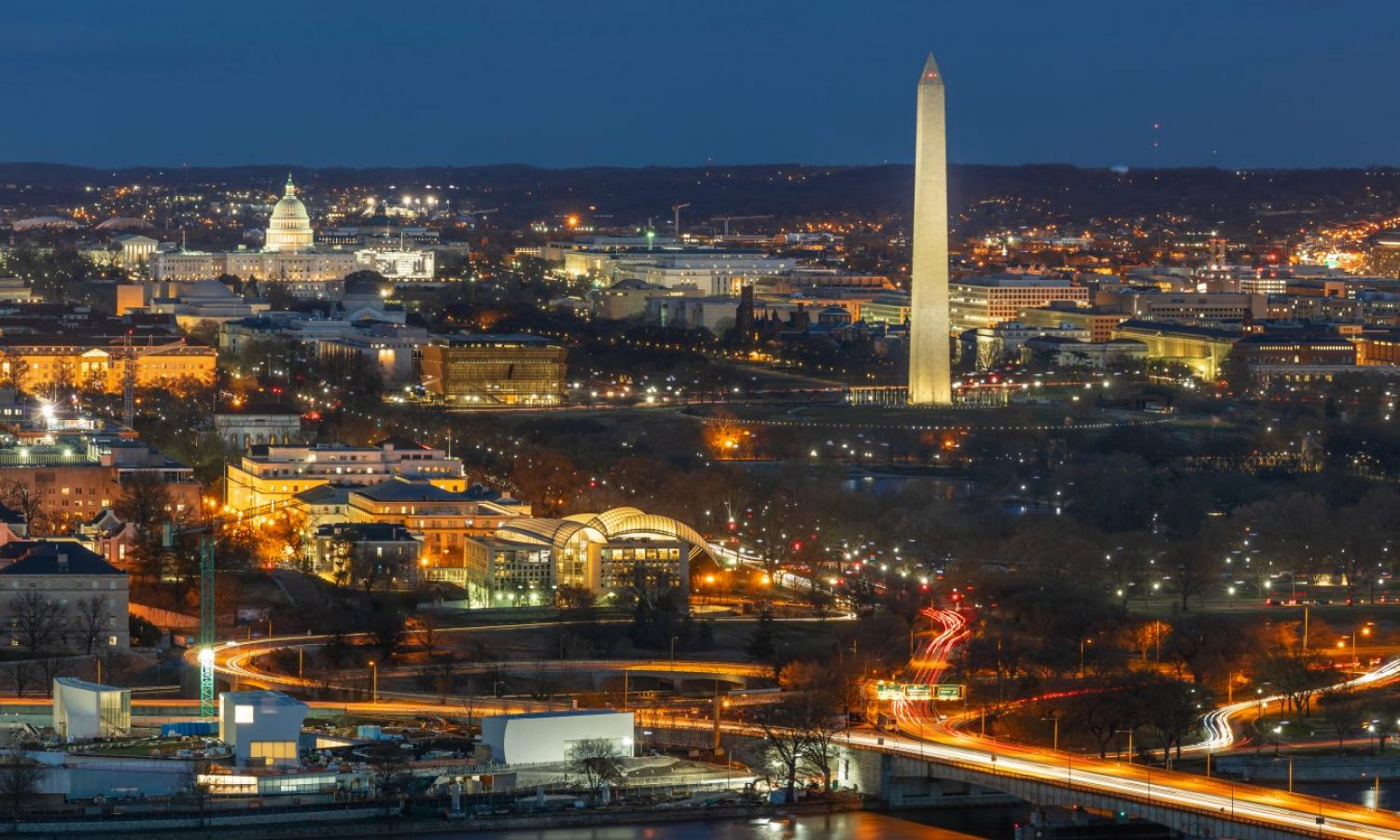i2Coalition Nov. 2022 Legislative Brief
Your brief update on important Internet policy issues
Outlook
With the November 8 midterm elections concluded, Republicans successfully regained control of the U.S. House for the next (118th) Congress that begins on January 3, 2023, but by a far narrower margin than they had expected. Democrats have retained control in the next Congress of the U.S. Senate with the tie-breaking vote of the Vice President. In-depth, final talks on funding the federal government by the current December 16 deadline may not occur until after the closely watched Senate runoff election in Georgia on December 6. A Democratic victory in the Georgia Senate runoff would eliminate the need for Vice President Harris to cast tie-breaking votes on bills and give the Democrats a real majority. Between now and December 23, Congress plans to work on several priorities: funding the federal government to avert a shutdown, passing the FY 2023 National Defense Authorization Act (NDAA), and several other bills (supplemental appropriations for hurricane and disaster relief and Ukraine aid; the Electoral Count Act; and the Respect for Marriage Act). In anticipation of the next Congress, both parties in the House and Senate also are engaged in organizing their future leadership selections and planning committee assignments. Final decisions on committee makeup and subcommittee chairs for the next Congress are expected later in January.
Tech Policy Priorities
Section 230/Intermediary Liability. Deadlines for filing briefs by the parties and amicus have been established for the U.S. Supreme Court’s review of Gonzalez v. Google, focusing on whether online platforms’ ranking and recommendation algorithms enjoy liability protection under Section 230. This case marks the first time the Court will consider the scope of Section 230’s liability shield. The Court’s decision, expected next year, could have sweeping implications for U.S. tech policy. The Supreme Court is also accepting briefs filed in the Twitter v. Taamneh case, in which it will review the online platforms’ potential liability under an anti-terrorism statute. On a parallel track, the incoming House Republican leaders in the next Congress have made it clear that Section 230 reform legislation and vigorous oversight will be a major part of their Big Tech Accountability Platform.
Federal Privacy. Comprehensive federal consumer data privacy legislation is not expected to pass in the lame-duck session because it continues to lack bipartisan consensus. The FTC is reviewing the voluminous comments it received in November in response to its Advanced Notice of Proposed Rulemaking on commercial surveillance and data security practices. Senator Blumenthal (D-CT) is seeking to include the Kids Online Safety Act (S. 3663), for which he is the lead sponsor, in the federal spending bill to be passed during the lame-duck session. On Nov. 28, a coalition of more than 90 progressive activists, civil rights, and LGBTQ advocacy groups sent a letter to Senate leaders opposing the inclusion of KOSA into any year-end funding package. They assert that the bill would result in the use of invasive filtering and monitoring tools and could incentivize more data collection on children and adults while weakening schools’ ability to use certain education technology and potentially empowering state officials to curb access to LGBTQ resources for minors.
Copyright/IP. The U.S. Patent and Trademark Office and the U.S. Copyright Office published a joint notice of inquiry on the intellectual property law and policy issues associated with the creation and distribution of non-fungible tokens (NFTs) on November 23. The deadline for written comments is January 9, 2023.
Antitrust/Competition. Supporters of the Journalism Competition and Preservation Act (JCPA) (S. 673 & H.R. 1735) are seeking Congressional passage of the bill during the lame-duck session. The bill would grant an exemption to antitrust laws to enable smaller news organizations to coordinate together to bargain with tech firms on fair terms and compensation for their work when it appears on digital platforms. While supported by journalism organizations and local broadcasters, the bill continues to draw opposition from a coalition of tech firms, libertarian interest groups, and progressive advocates. Prospects for a successful vote in both the House and Senate remain unclear given this controversy and the limited amount of floor time available in each chamber. Similarly, to date, no clear path has opened for passage during the lame-duck session of the broader tech antitrust bills debated in the 117th Congress–the American Innovation and Choice Online Act (S. 2992) and the Open App Markets Act (S. 2710).
Broadband. As the close of the 117th Congress rapidly approaches, Senate Commerce Committee and other Senate leaders are reportedly making final attempts to include in the year-end federal spending bill several telecom priorities, including a longer-term reauthorization of the FCC’s spectrum auction authority and broadband grant tax credits. On November 18, the FCC released a pre-production draft of its new broadband maps, a location-by-location view of high-speed Internet availability in America. The FCC will now undertake a months-long challenge process to update, correct, and improve the final maps. The NTIA will use the final maps to award broadband infrastructure grants under the Broadband Equity, Access, and Deployment (BEAD) Program, an action that is expected to be announced by the end of June 2023.
Find Out More…
For more in-depth updates on Internet policy including issues that specifically impact your organization, please contact us about joining the i2Coalition.

